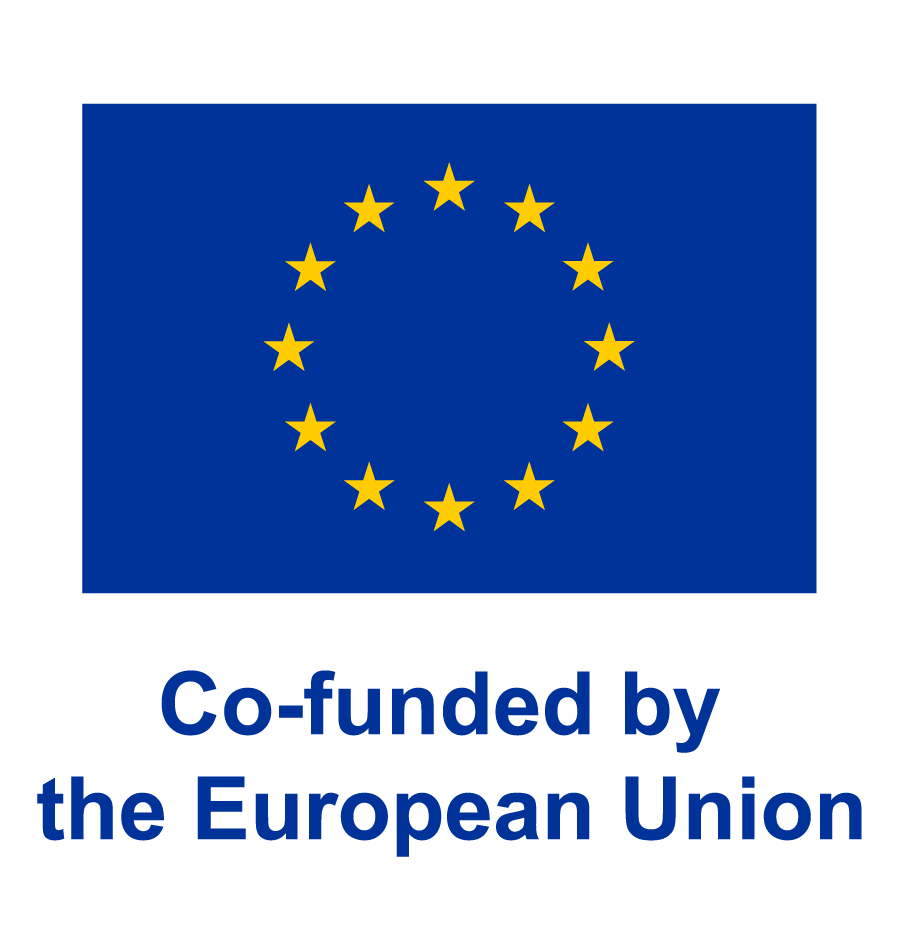Outdoor sports and disability: a winning combination
Sport, Nature, and Inclusion: Learning through movement
I’ve been working in the disability field for 27 years, and in accessible tourism for 5, and in my experience I’ve always seen how sport embodies profound values that can be perceived by anyone, regardless of disability.
The work of overcoming one’s limits for a person with a disability is perennial and constant, it requires a great expenditure of energy, willpower, patience and the results, when they arrive, arrive after years.
The work that a person with a disability does on himself is immense, as is that of his caregivers, family members, educators and/or all the people who collaborate with him.
A specific skill to be acquired, whether it be a physical, cognitive, behavioral, or relational ability, must be worked on and attempted several times.
Sport as a Bridge Toward Growth
Sport, especially outdoor sports, is a valuable tool in achieving this skill and can be used alongside educational planning, occupational therapy, physiotherapy, etc.
Nature as a teacher
But unlike other indoor sports, it has the advantage of being located in open and natural contexts that already have the potential to facilitate the acquisition of skills.
As an athlete, but also as an educator and accessible tourism designer/consultant, I’ve realized how, over time, sport in open settings fosters inclusivity and adaptation. Nature has its own characteristics, with facilitators and obstacles, which, precisely because of their natural origins, aren’t designed or constructed as I would in a gym. They already dictate fixed boundaries for people with disabilities, who better and more easily accept these limitations and, above all, the challenge of overcoming them. It’s as if it were a fundamental authenticity, embodied by nature, which we can engage with and bring out the best in ourselves.
The Inclusive Power of the Outdoors
Furthermore, the natural environment has limitations for everyone, not just those with disabilities, just as common sense and, above all, knowledge of the natural environment call for everyone to respect the environment. This aspect somehow creates a foundation of inclusiveness and mutual responsibility, which is not perceived or nonexistent in built or indoor environments. This helps those with disabilities perceive themselves as already part of a system, the environmental one, strengthening an internal sense of social participation and a common good to which they can contribute. Learning to benefit from it sustainably through sport, expanding one’s skills and abilities, becomes a whole.

Funded by the European Union. Views and opinions expressed are however those of the author(s) only and do not necessarily reflect those of the European Union or the granting authority. Neither the European Union nor the granting authority can be held responsible for them.
